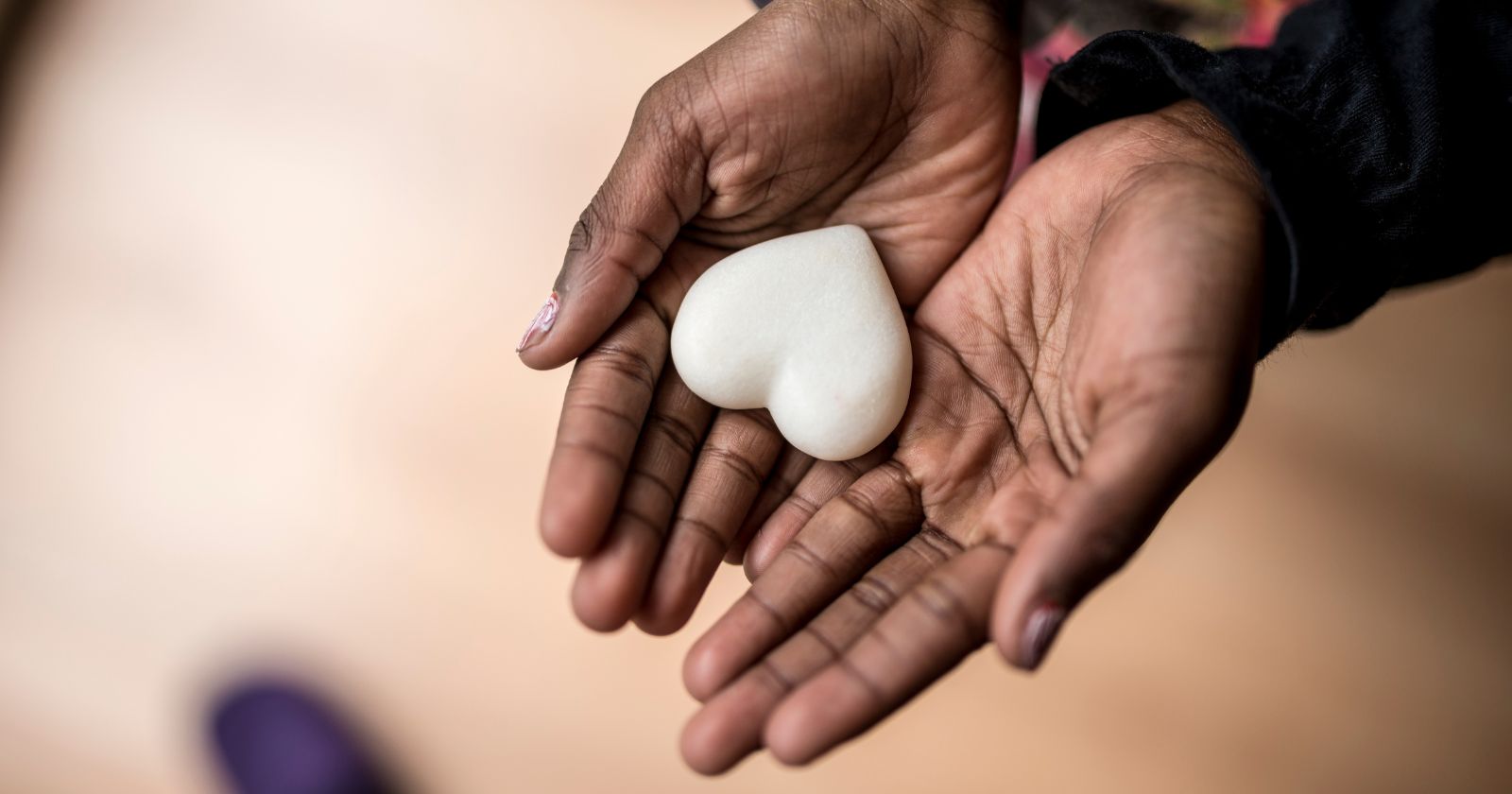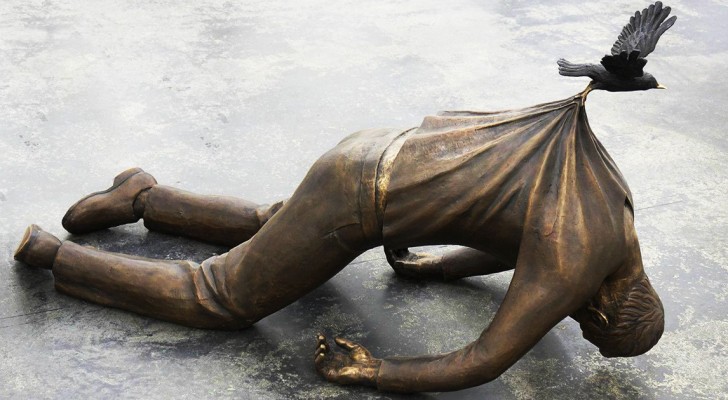Sir Edmund Hillary and Tenzing Norgay, the first climbers confirmed to reach the summit of Mount Everest, demonstrated a level of trust few of us will ever understand. Scaling the highest peak on Earth, facing unpredictable weather, and relying on each other for their very lives — their trust wasn’t just about collaboration; it was about survival. It’s fascinating, this depth of trust placed in another person, in their equipment, in their training. This trust was a choice — a leap of faith. But what if the biggest leap wasn’t in scaling a mountain, but in trusting God with everything?
In Mark 12:41-44, we encounter a widow who embodies this Everest-like trust. Among the wealthy donors proudly pouring their gifts into the temple treasury, she approaches quietly and offers two small coins. To the bystanders, it probably seemed like an insignificant sum, but Jesus sees it differently. He proclaims that she has given more than any of the others because she has given all she had. She went ‘all in’.
This widow, in her quiet humility, unveils a profound lesson on trust. She gave not from a surplus but from her livelihood. She trusted, possibly, that God would provide for her needs even when, to human eyes, her future might have looked very uncertain.
Augustine of Hippo, a renowned theologian, once remarked, “Faith is to believe what you do not see; the reward of this faith is to see what you believe.” This widow’s actions resonate with Augustine’s insight. By giving her all, she expressed a faith, a trust in God’s unseen hand. And perhaps, in ways known only to her, she experienced the reward of that trust.
How then does our trust in God shape our generosity? The truth is, genuine trust in God goes beyond mere lip service. It influences our actions, our decisions, our very worldview. When we deeply trust in His providence, we move beyond the fear of scarcity and step into the freedom of generosity. We give, not calculating what’s left for us, but rejoicing in the privilege to trust and share.
But let’s take a pause here. It’s easy to celebrate such trust when looking from the outside in. Yet, putting it into practice is daunting. How often have we hesitated to extend our hand, fearing we might not have enough?
Viktor Frankl, a psychologist and Holocaust survivor, wisely observed, “When we are no longer able to change a situation, we are challenged to change ourselves.” His words remind us that trust is as much a choice as it is a feeling. It’s a decision to change our perspective, to reorient our values, and to place our faith in something greater than our immediate circumstances.
So, what does this mean for us today?
Embracing the widow’s trust doesn’t mean recklessly abandoning our responsibilities. Instead, it means seeing our resources, our time, our talents through the lens of God’s eternal perspective. It’s recognizing that true security doesn’t come from what we possess, but from Whom we trust. And, when we trust fully, we give generously.
In your life, there will be mountains — maybe not Everest, but challenges that require deep trust. And as you face them, remember the widow. Though she climbed no physical peak, her act of giving her all was an ascent of spiritual magnitudes. And if she can trust with her only two small coins, how much more can we, with the vast blessings in our lives, trust and give generously? Go ahead, take the leap, and go ‘all in’.


